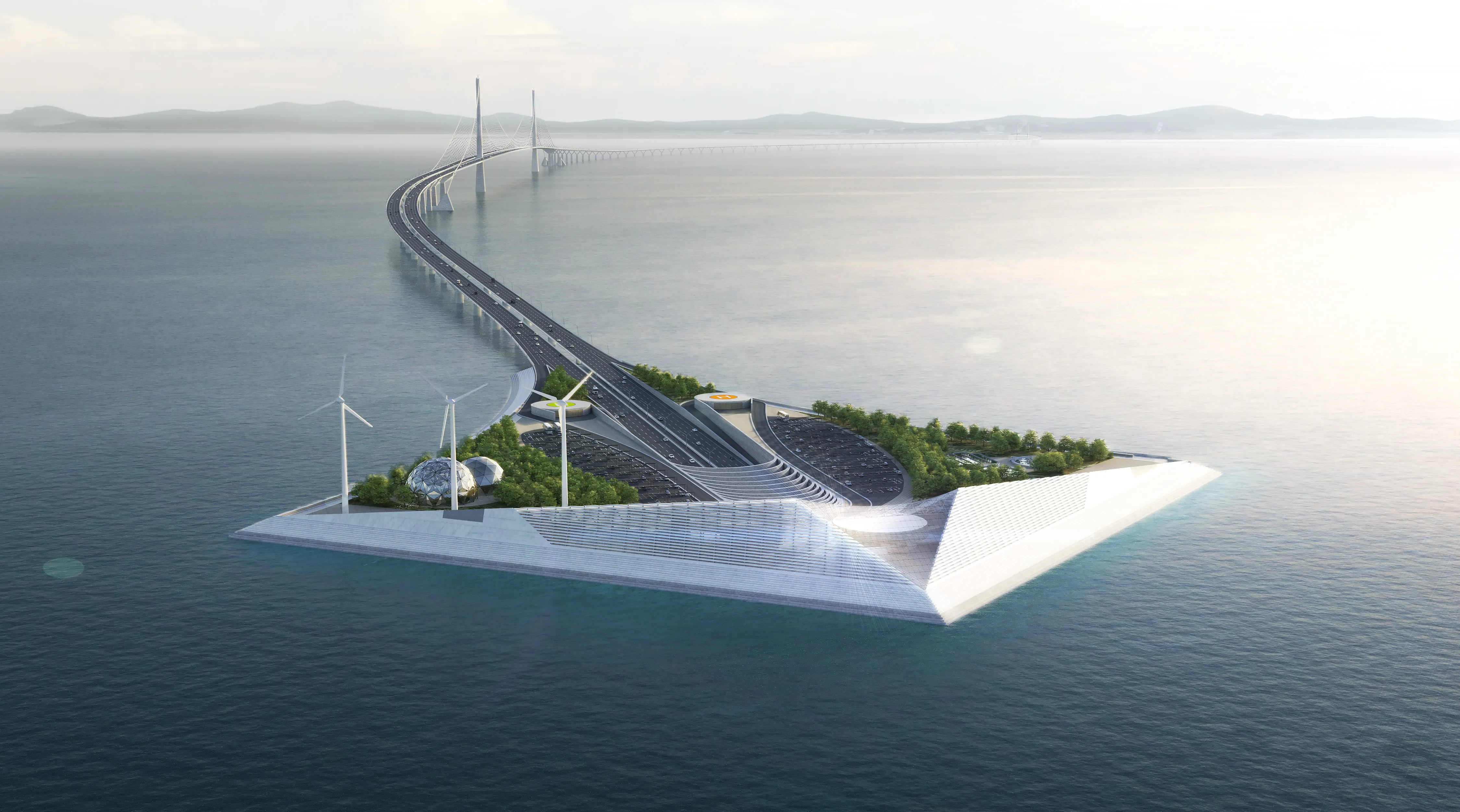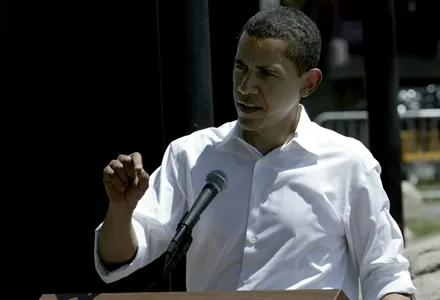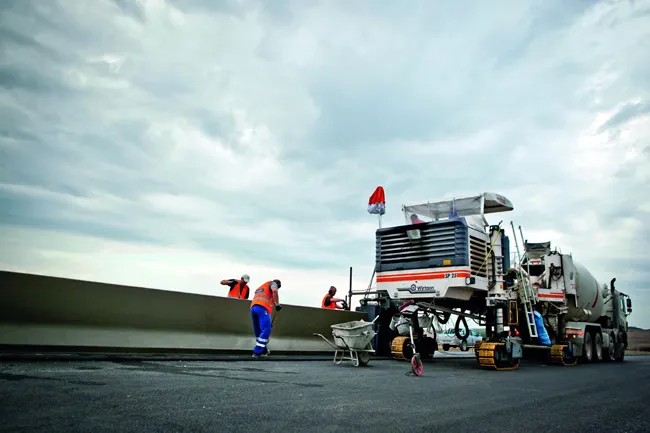The UK’s
The ICE’s call comes after publishing its report State of the Nation Scotland 2018: infrastructure investment. In it, the ICE says that the newly formed Scottish Infrastructure Commission must be independent, transparent and be evidence-led in its recommendations to the Scottish government.
The report warns Scotland's roads will get worse because of a lack of long-term maintenance funding. ICE, which said Scotland's local and trunk roads do not receive long-term funding settlements, pointed to only 63% of local Scottish roads were in an "acceptable" condition.
One of the report’s recommendations is for the Scottish government to consider how replacements for the vehicle excise duty – called the road tax and paid by car owners – and the fuel duty could be used to fund highway maintenance.
The report also notes that in 2017 the Scottish government said it would set up a national investment bank with around €388.3 million for initial capitalisation between 2019-21.
UK report warns Scotland's roads likely to get worse
The UK’s Institution of Civil Engineers has urged the Scottish government to make long-term funding for roads a higher priority.
The ICE’s call comes after publishing its report State of the Nation Scotland 2018: infrastructure investment. In it, the ICE says that the newly formed Scottish Infrastructure Commission must be independent, transparent and be evidence-led in its recommendations to the Scottish government.
November 12, 2018
Read time: 2 mins









